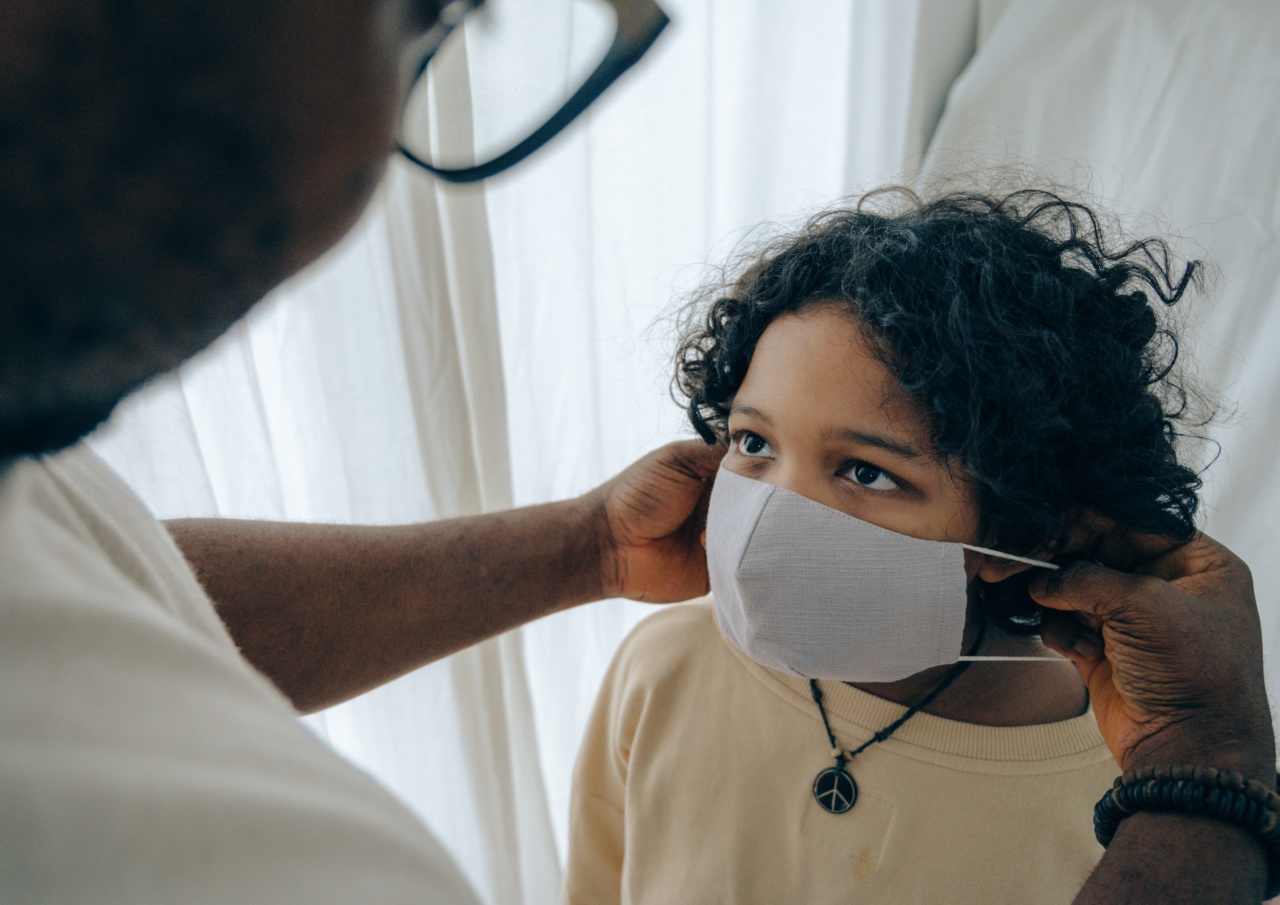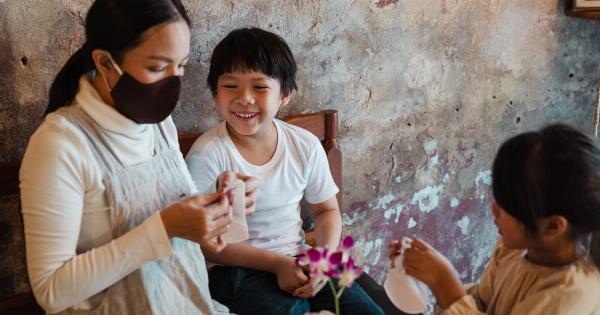As a parent, one of your biggest concerns is the health and well-being of your child. And while there are many illnesses and diseases that can affect your child, meningitis is one of the most serious.
Meningitis is a condition that causes inflammation of the protective membranes that surround the brain and spinal cord. It can be caused by a number of bacteria and viruses, and it is most often spread through close contact with an infected person.
Symptoms of Meningitis
Meningitis can be difficult to diagnose, especially in young children, because the symptoms can be vague and similar to those of other illnesses. The most common symptoms of meningitis include:.
- Fever
- Headache
- Stiff neck
- Nausea and vomiting
- Sensitivity to light
- Lethargy or irritability
In some cases, a rash may develop, which can be a sign of a more severe form of meningitis.
Preventing Meningitis
The best way to protect your child from meningitis is through vaccination. The meningitis vaccine is a safe and effective way to reduce your child’s risk of getting meningitis.
The vaccine is typically given to infants at 2, 4, and 12 months of age, and then again between the ages of 12 and 23 months. Older children and teenagers who have not previously been vaccinated can also receive the vaccine.
The Meningitis Vaccine
There are two types of meningitis vaccines: the meningococcal conjugate vaccine (MCV4) and the serogroup B meningococcal vaccine (MenB).
Meningococcal Conjugate Vaccine (MCV4)
The MCV4 vaccine protects against four types of meningococcal bacteria, which are responsible for most cases of meningitis. It is recommended for all children at age 11 or 12, as well as for teens and young adults who have not been vaccinated.
Serogroup B Meningococcal Vaccine (MenB)
The MenB vaccine protects against serogroup B meningococcal bacteria, which is responsible for a significant portion of meningitis cases in the United States.
It is recommended for children and teens who have a high risk of contracting meningitis, such as those with a weakened immune system or who live in close quarters.
The Meningitis Vaccine Schedule
The meningitis vaccine is typically given in a series of doses, depending on the type of vaccine and the age of the child.
MCV4 Vaccine Schedule
- First dose: 11-12 years of age
- Second dose: 16 years of age
MenB Vaccine Schedule
- First dose: 10 years of age
- Second dose: 16 years of age
Side Effects of the Meningitis Vaccine
Like all vaccines, the meningitis vaccine can cause side effects. The most common side effects include:.
- Pain, redness, or swelling at the injection site
- Fever
- Headache
- Fatigue
- Nausea and vomiting
In rare cases, the meningitis vaccine can cause more serious side effects, such as an allergic reaction. However, the risk of serious side effects is extremely low.
Conclusion
Protecting your child from meningitis is one of the most important things you can do as a parent. The meningitis vaccine is a safe and effective way to reduce your child’s risk of getting meningitis.
Talk to your child’s pediatrician about the meningitis vaccine and make sure your child is up to date on all recommended vaccinations.






























